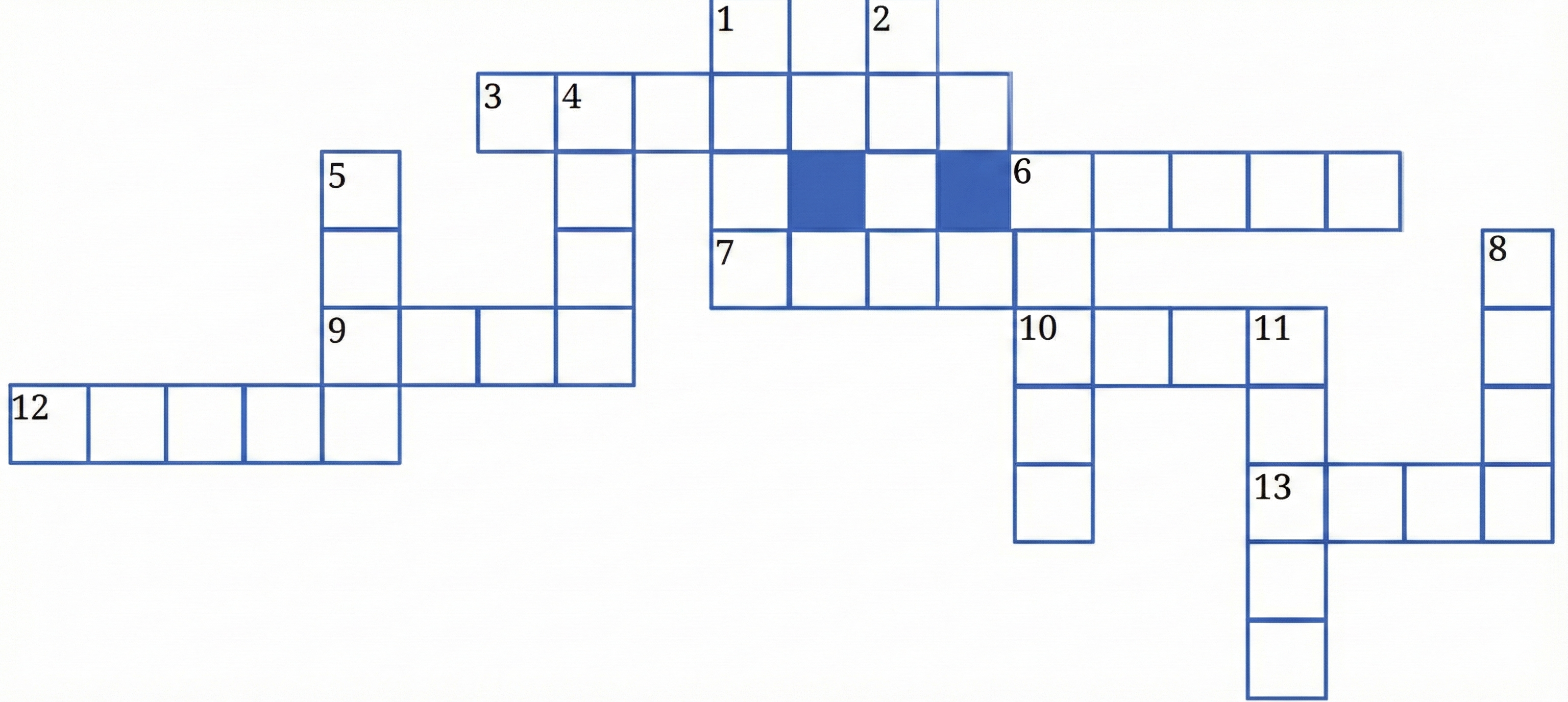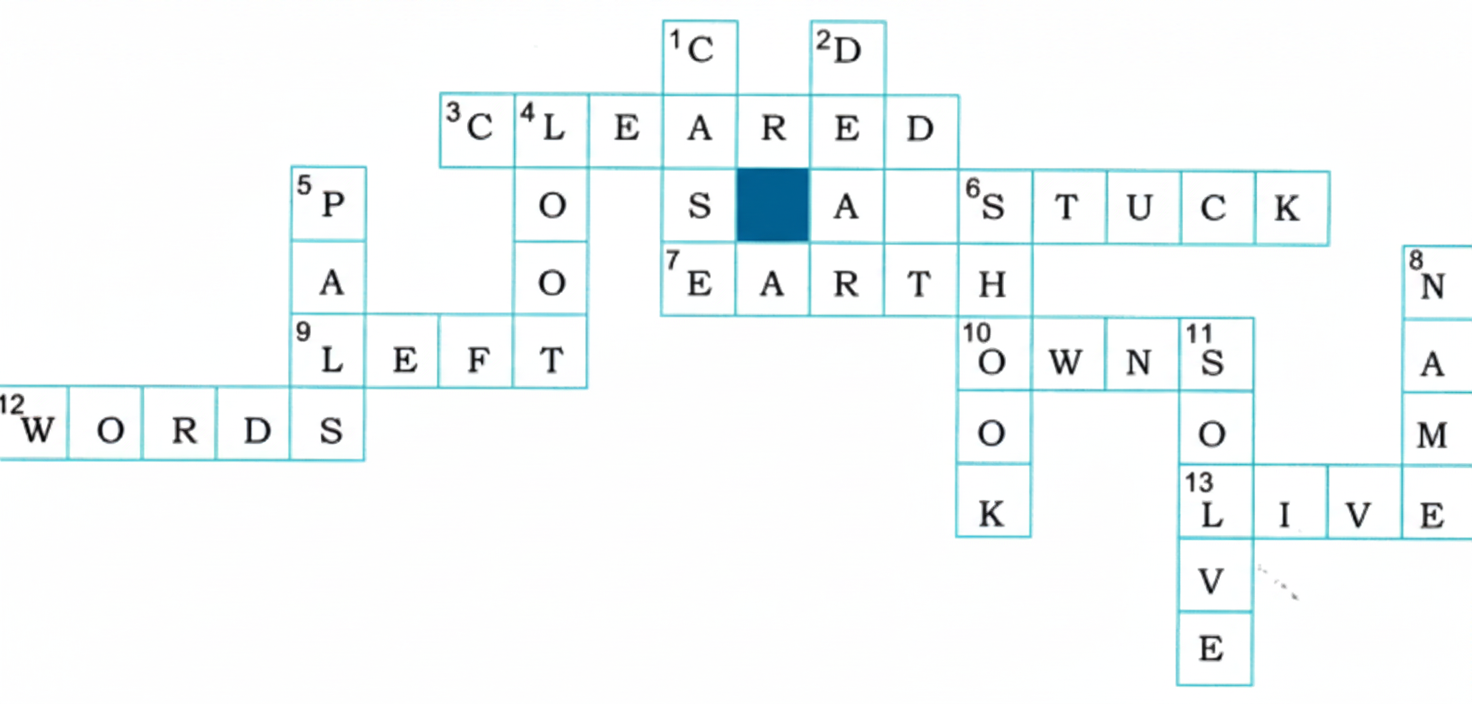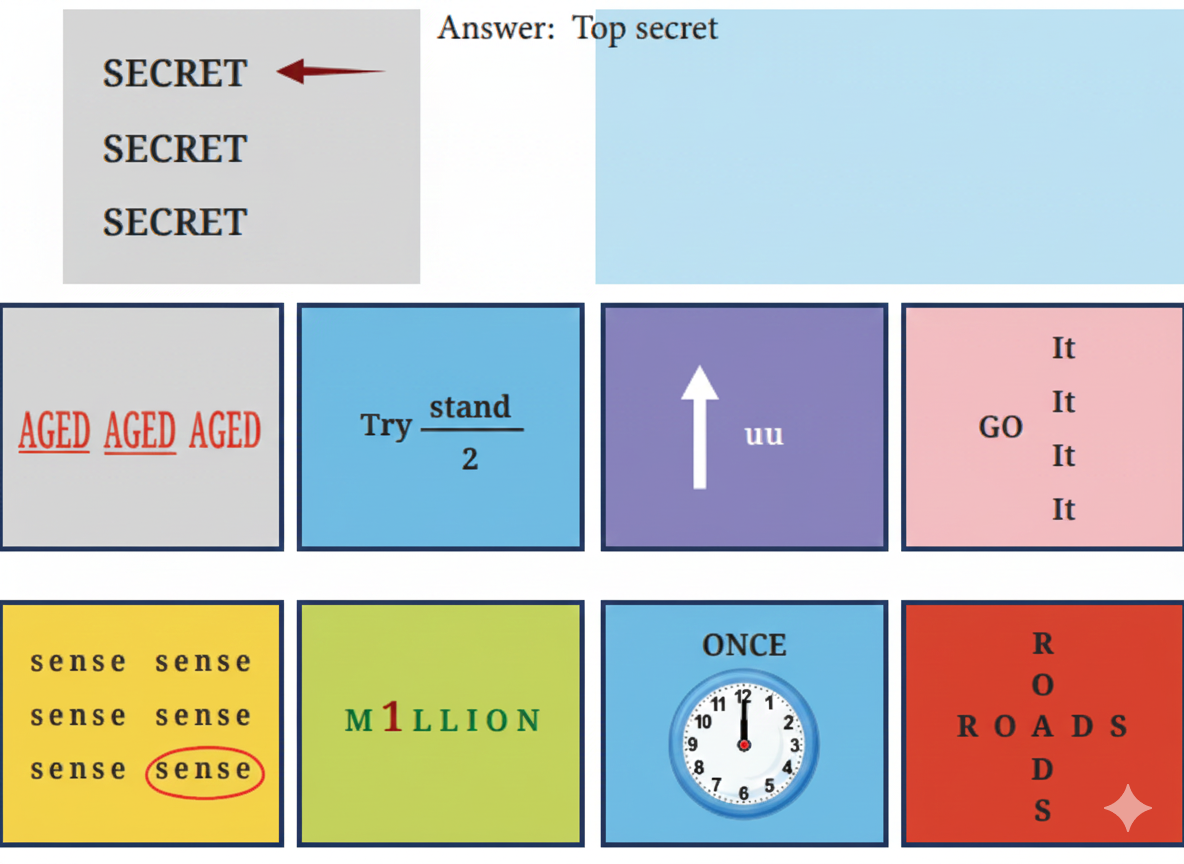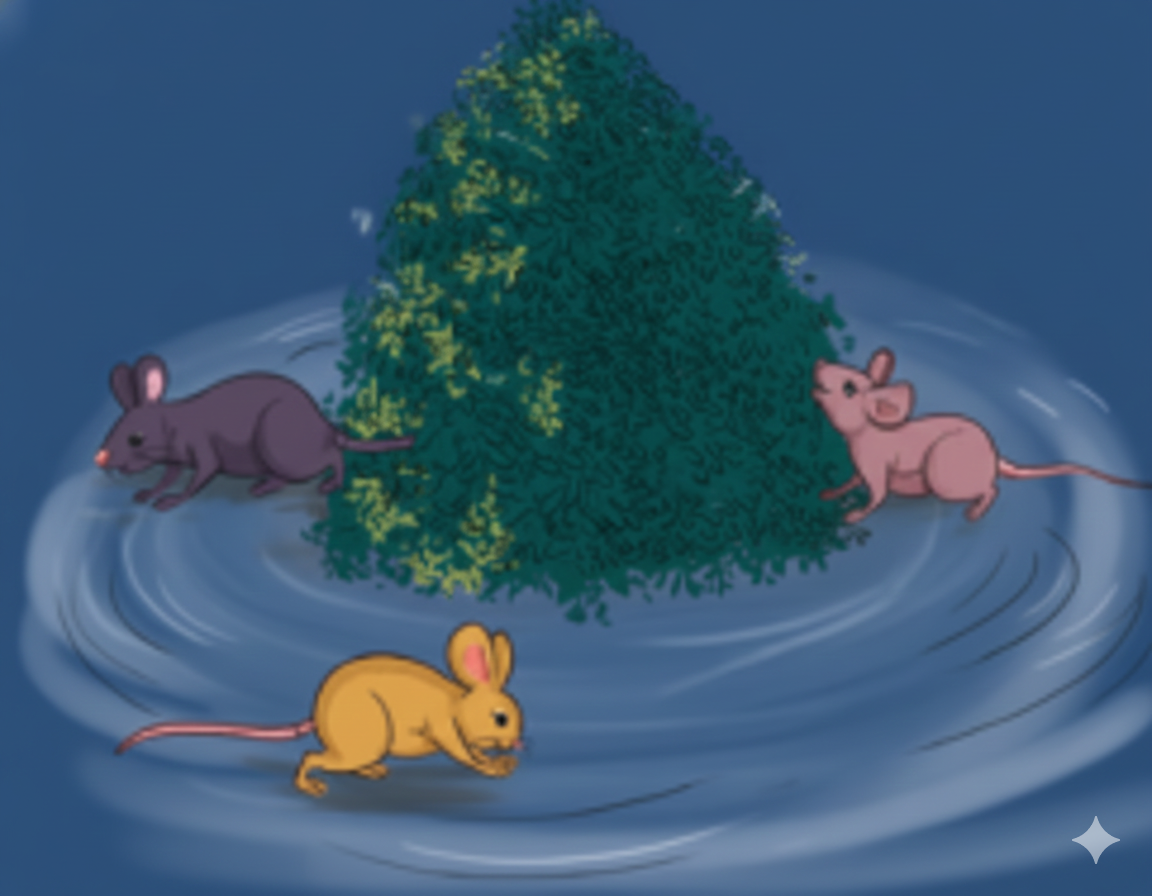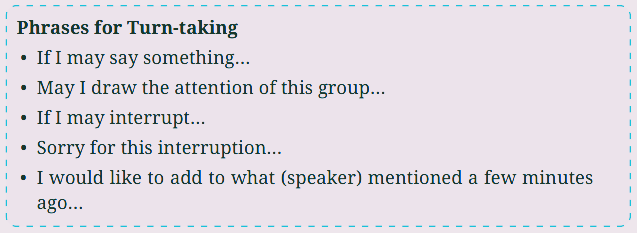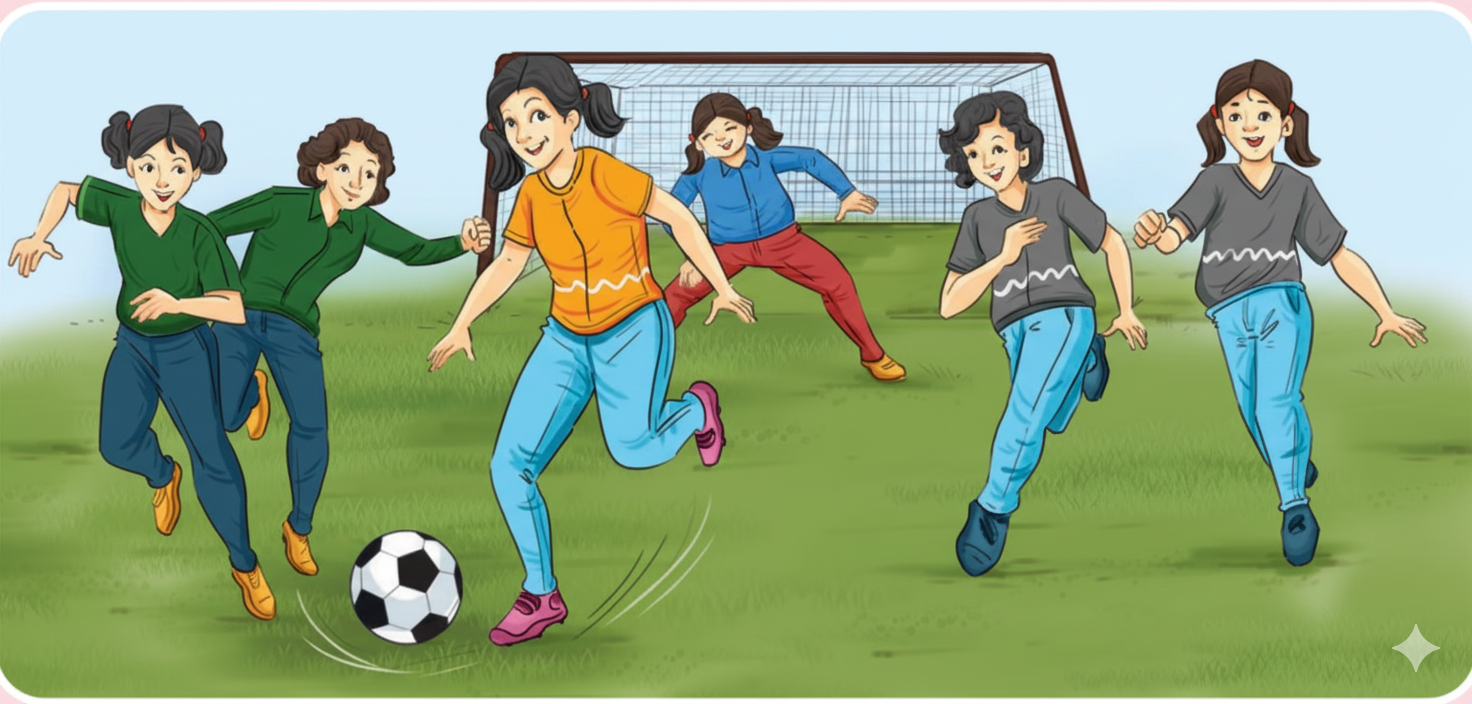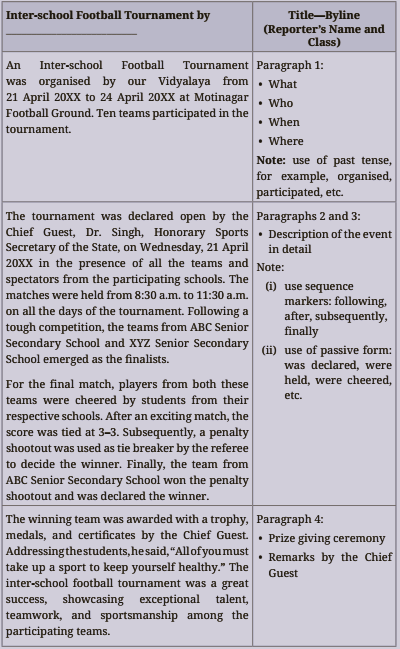Stepwise Answers & PDF: Class 8 English Poorvi Chapter 7 Solutions
FAQs on NCERT Solutions For Class 8 English Chapter 7 The Case of the Fifth Word (2025-26)
1. What are the NCERT Solutions for Class 8 English Chapter 7: The Case Of The Fifth Word?
NCERT Solutions for Class 8 English Chapter 7: The Case Of The Fifth Word provide step-by-step answers to all questions in the Poorvi English Supplementary book.
Key features include:
- Detailed explanations following the CBSE 2025–26 syllabus
- Exercise-wise and intext solutions
- Important keywords, definitions, and examples covered
- Easy PDF download for offline revision
These solutions help students understand the story, ace exam questions, and improve answer presentation.
2. How to write stepwise NCERT answers to score full marks in Class 8 English Chapter 7?
To score full marks, write NCERT answers in clear, stepwise points using proper structure and key terms.
Tips for high-scoring answers:
- Start with an introductory sentence
- Use bullet points or numbers for each step
- Highlight important words or phrases
- Conclude with a relevant summary
- Include definitions and evidence from the text where needed
This approach matches the CBSE marking scheme and ensures clarity.
3. Which questions are most likely to be asked from The Case Of The Fifth Word in school exams?
The most likely exam questions from this chapter focus on themes, character sketches, and key events.
Important questions may include:
- Main summary of The Case Of The Fifth Word
- Meaning and usage of the 'fifth word' in the story
- Short/long answers about central characters
- Definitions and intext exercise questions
- Critical thinking or application-based questions
4. Is it necessary to add diagrams or definitions in Class 8 English Chapter 7 answers?
Adding neat diagrams is usually not required in this English chapter, but including definitions of important terms can help score better.
Recommendations:
- Include exam-ready definitions for keywords
- Use neat underlining or highlights for emphasis
- Avoid unnecessary diagrams unless specifically asked
5. How should I structure long answers for better marks in Class 8 English Poorvi Chapter 7?
For long answers in Class 8 English Poorvi Chapter 7, follow a logical structure to maximise marks.
Effective answer structure:
- Begin with a short introduction
- Develop the main body with 2–4 key points or paragraphs
- Use quotes or incidents from the chapter
- Conclude with a summary or personal insight
This matches CBSE evaluation patterns and highlights your understanding.
6. Where can I download the chapterwise NCERT Solutions PDF for Class 8 English?
You can download the free chapterwise NCERT Solutions PDF for Class 8 English, including The Case Of The Fifth Word, from trusted academic websites.
Steps:
- Visit leading NCERT study portals
- Select Class 8 English Poorvi Chapter 7
- Click the PDF download button
- Save for offline revision and last-minute prep
7. Why should students use NCERT Solutions for The Case Of The Fifth Word?
Using NCERT Solutions ensures you cover all important questions, improve answer quality, and align with the CBSE 2025–26 marking scheme.
Benefits:
- Exam-focused, stepwise answers
- Comprehensive coverage of all exercises
- Boosts understanding and revision speed
- Helps identify main points and avoid common mistakes
8. What are the key themes of The Case Of The Fifth Word in the Class 8 English curriculum?
The key themes of The Case Of The Fifth Word revolve around curiosity, observation, and problem solving.
Main themes:
- Importance of attention to detail
- The power of language and communication
- Analytical thinking and deduction
Understanding these helps you answer summary and value-based questions effectively.
9. Are NCERT Solutions enough for Class 8 English exams?
NCERT Solutions provide a strong foundation and are usually sufficient for scoring well in school exams.
For best results:
- Practice all NCERT questions and back exercises
- Revise important definitions, summaries, and examples
- Refer to additional sample papers and MCQs for extra practice
10. How do I quickly revise The Case Of The Fifth Word before exams?
To revise quickly, focus on summaries, key definitions, and previously asked questions from The Case Of The Fifth Word.
Quick revision plan:
- Read the chapter summary
- Review main points and character sketches
- Go through exam-ready NCERT Solutions
- Practice a few sample questions or MCQs
11. Do examiners award partial marks for correct steps even if the final answer is wrong?
Yes, CBSE examiners often award partial marks for correct steps, logic, and application of concepts even if the final answer is not fully correct.
Tips:
- Show all steps and workings
- Use proper format and headings
- Highlight important keywords for clarity
12. Are references to textbook page numbers useful during revision?
Referencing textbook page numbers can be useful during revision to quickly locate answers and important examples.
Best practices:
- Note down page numbers for key questions
- Use them for faster cross-checking of details
- Helps streamline last-minute preparation






















